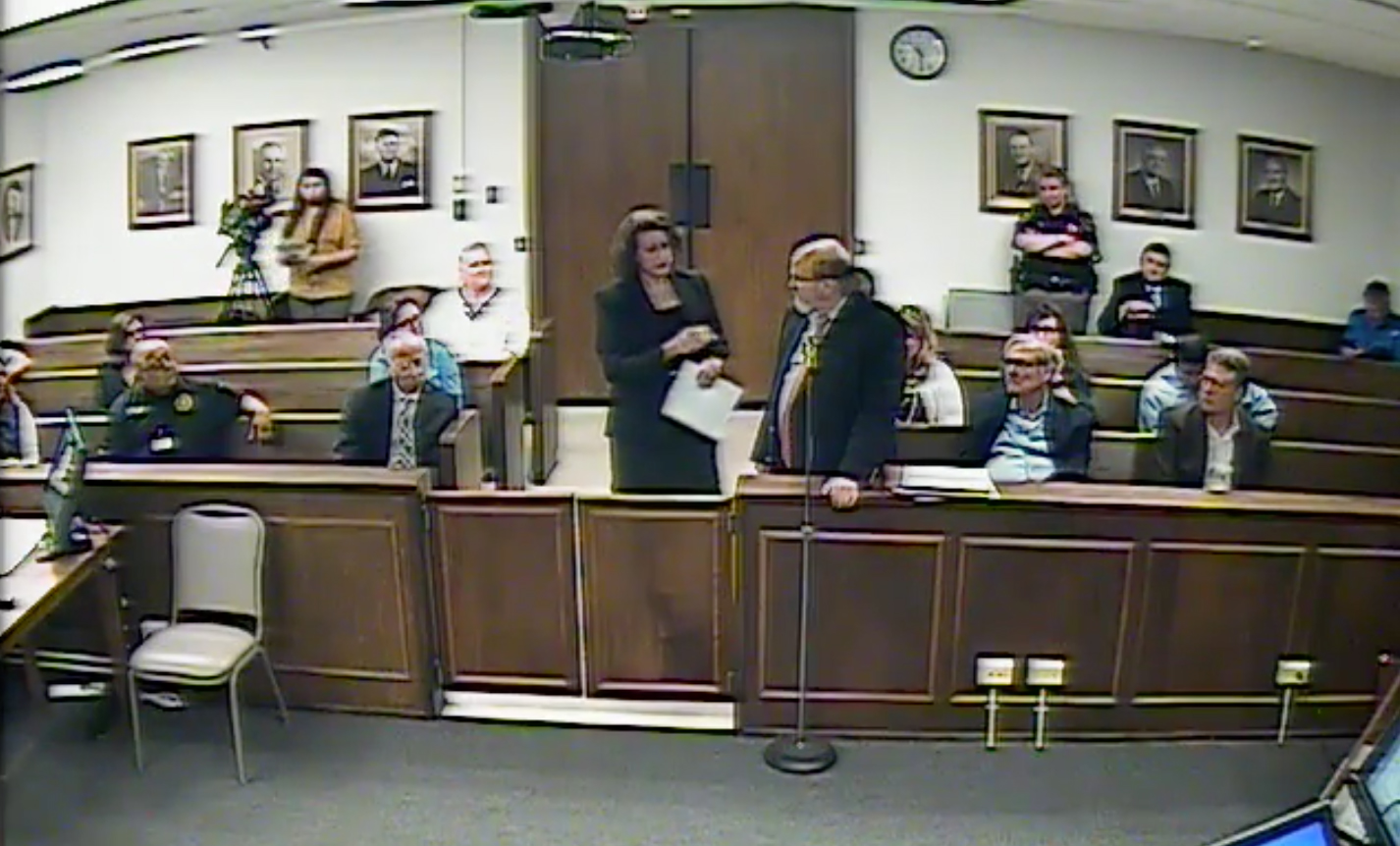Earlier this year, it seemed as if poor people charged with crimes in a handful of Gulf Coast communities would finally have a fighting chance in court. In April, commissioners in Victoria County considered a partnership with a nonprofit law firm that provides indigent defendants in rural counties with more robust legal representation.
The proposal would have created a countywide public defender’s office in partnership with Texas RioGrande Legal Aid (TRLA), which would staff a centralized office with attorneys and a full-time investigator. Criminal justice experts said the setup would be fairer and more efficient than the current practice of assigning private attorneys to represent the indigent on an ad-hoc basis. The county would save $1.3 million in the first two years through cost sharing with the state; it would save $412,000 in every subsequent year, based on the county’s average caseload in the past three years. Officials from three other rural counties — Jackson, DeWitt and Calhoun — said they would have followed suit.
“It does have a lot of appeal to it,” Victoria County Judge Ben Zeller said at a commissioners meeting on April 15, when the plan was pitched to him and other county officials.
Enter Victoria County’s newly elected district attorney, Constance Filley Johnson. As commissioners were considering the plan, she crashed the party. “I would be remiss at this junction if I didn’t speak up,” she said. “I’m not saying that in Victoria County, in the future, this may not be the direction that we need to go, but I’m saying to you: Not yet.”
Johnson argued that unlike her predecessor, a DA who insisted on bringing all DWI cases to trial, she wouldn’t create logjams in criminal court dockets. And because Johnson planned to try fewer cases, the county couldn’t know exactly how much money it would save through the deal.
David Hall, TRLA’s former executive director, told the Observer that Johnson’s opposition to the plan seemed to represent “a bit of a conflict of interest” — her job, after all, is to secure convictions for lawbreakers, indigent or otherwise. Defendants armed with competent attorneys are harder to convict and incarcerate. “Most prosecutors do not like the idea of having competition in the courtroom,” he said.

Johnson, a former defense attorney, told the Observer that her plea to commissioners had nothing to do with denying defendants better representation; she just wants to see how the county’s finances shake out under her tenure. “I simply thought it was premature to move in that direction given the circumstances.”
TRLA operates 10 public defender offices in rural Texas counties. When the group signed a deal to open one such office in Starr County, on the Texas-Mexico border, TRLA attorneys set about interviewing clients in jail. They found a man who had been incarcerated for nearly two years without ever seeing an attorney. “They had just forgotten about him,” Hall said.
Bill White, a private attorney in Victoria, also lobbied commissioners to reject the proposal. He and other area lawyers stand to lose money if the cases outsourced to them are diverted to the nonprofit, White said. For those attorneys, it seems that crime does pay.
In the end, the arguments were enough to sway commissioners to turn down the deal. “It may be something we look at doing in future years, maybe even next year, but for the moment we aren’t pursuing it,” Zeller said.







